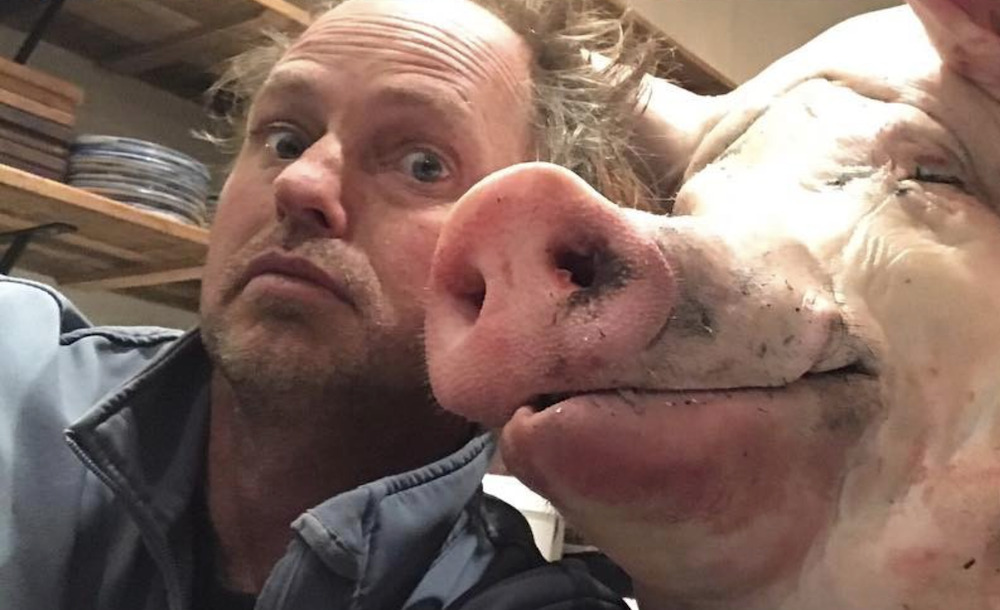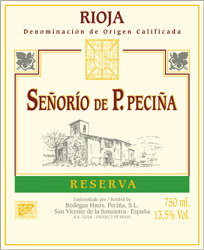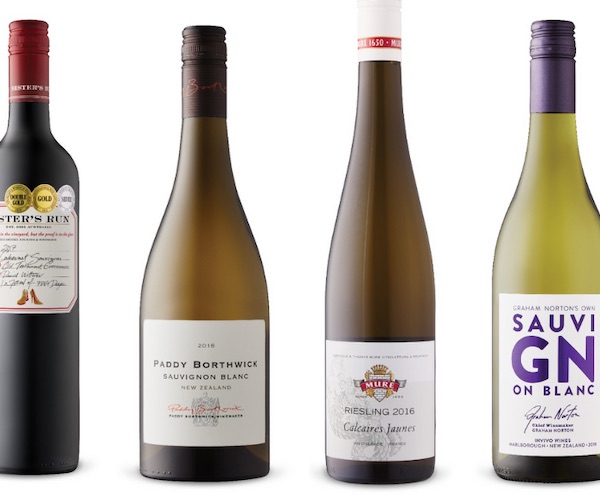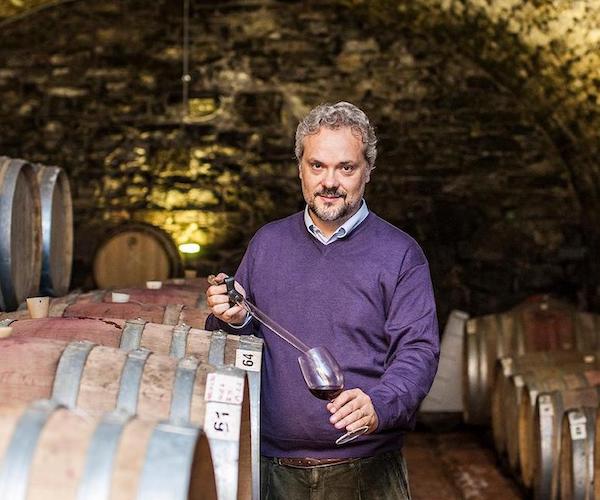The thing about Lucy Margaux is that if you’re the sort who is inclined to be interested, not much introduction is needed. Winemaker Anton von Klopper is the subject of countless fawning profiles so similar and anodyne they could be the output of ChatGCP.
von Klopper excelled in formal winemaking instruction but – wait for it – struck out to lead the Australian low-intervention movement. He is endlessly quoted saying that winemakers can choose to be chemists or artists – and apparently nobody asked the follow up, “Why not both?”
Which is a shame because his wines are nothing if not formulaic. Both Australian and natural wines have justly been accused of sameness – as well as a bit “much of a muchness.” Lucy Margaux wines are all over the map, flavour-wise, but they have a similar firmness carved out of generous Australian fruit. They’re maybe not uniformly delicious but they are all interesting and worthy of serious attention. They also come from one of the most unabashedly beautiful places on earth – interesting wines from great terroir made by a person with a vision. Which may not be a new formula but it is one that rarely fails.
GFR: When you first started experimenting, did you have a movement in mind or were you just exploring your own curiosity?
AvK: From the start, I was disillusioned with the Australian wine industry and the conservative winemaking university lectures. I wouldn’t call it curiosity, more a search for truth. Could wine be made with a free spirit? Did we really have to add all this shit to make stable wine? With this in mind I, with Tom Shobbrook, James Erskine and Sam Hughs, started Natural Selection Theory, an experimental wine movement, where every aspect of wine and its culture was reformed with original thought.
We brought wine to the people with the Voice Of the People project 2010, 23L glass demijohns filled with nso2 natural table wine, seated at the bar for table wine by the glass of carafe. The egg project where we experimented Hunter Semillon on skins in ceramic eggs in different soil types with sound played throughout fermentation and bottled in ceramic egg shaped bottled.
For me Lucy Margaux I moved all the vineyards to organics (my vineyard has never been sprayed with any chemicals organic or otherwise and never irrigated), progressively I moved away from so2 (when I started I only made one addition, 40 ppm SO2 at bottling which was extreme at the time in 2007), in 2010 bottled my first no so2 wine and by 2016 I moved away from sulphur completely. Sulphur really does kill a wine, but no so2 requires a high level of skill to make sound wines.
GFR: What’s your ideal afternoon of food and wine?
AvK: There are so many, shucking oysters and a bottle of pet nat, rabbit and pork terrine and an orange wine, Sea Urchin on toast with a light red, but always organic, natural, no so2 wine. As soon as sulphur is added the wine is dead and I have no interest.
GFR: Does music influence it and how much? Like, can the wrong playlist throw things entirely off or absolutely back on track?
AvK: Music is a big part of my life but in the winery I like silence mostly. Music is mostly played on vinyl, mostly jazz, but I love all kinds of music. Currently into Lonnie Liston Smith.
GFR: If so, we have to ask what kills a vibe to death?
AvK: I am rather open to music, unless it is too lame.
GFR: What brings it back to life?
AvK: Free spirited Jazz.
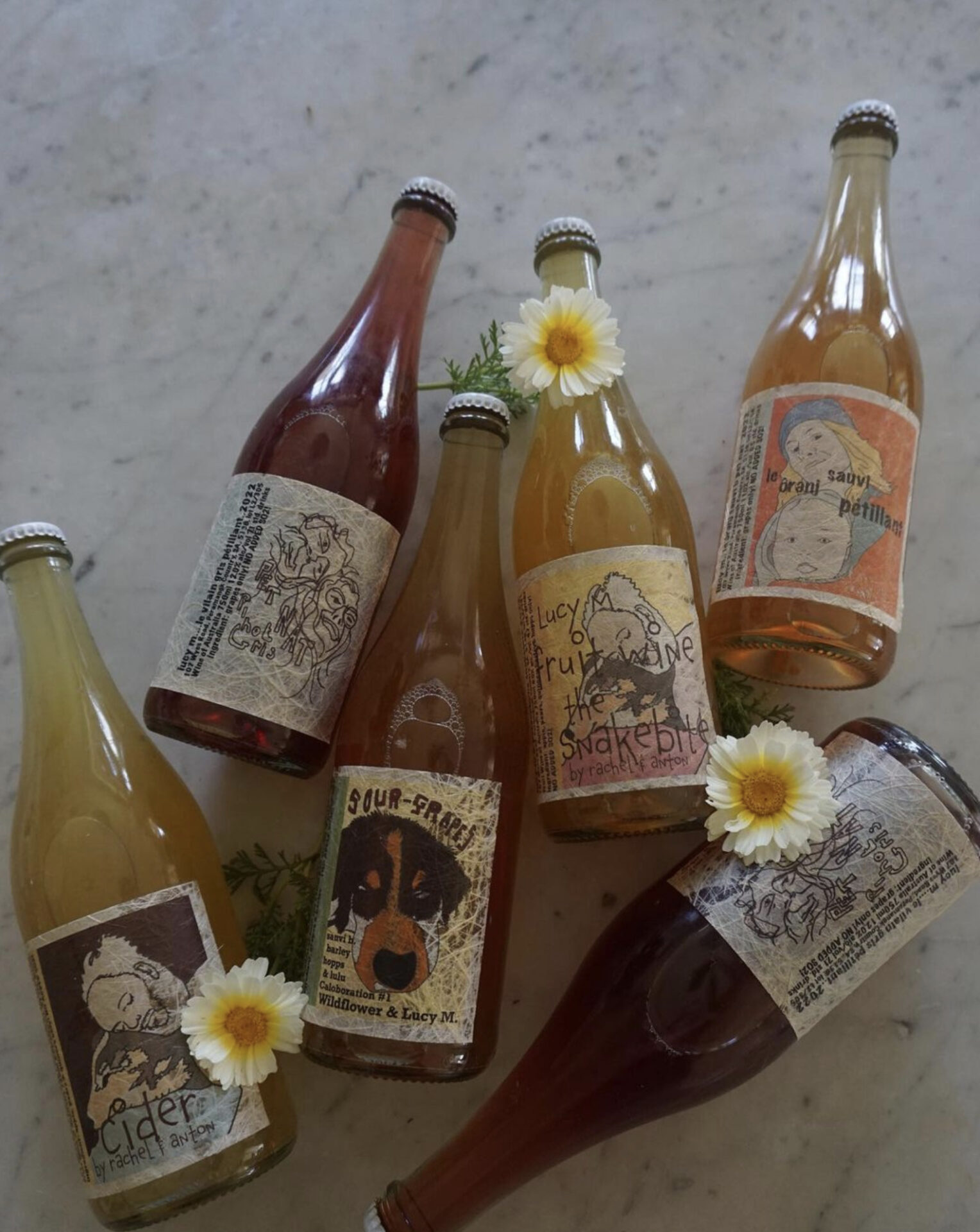
GFR: You own a restaurant. When it comes to the brass tacks of training, what’s the most essential service skill for your staff?
AvK: Friendly, welcoming and make the restaurant feel homely.
GFR: On the opposite side, what do you wish every customer knew in order to be better patrons?
AvK: Customers should come out for an experience and be open to new ideas, and treat the restaurant and staff like they are in someone home. Don’t assume you are an expert in what food, wine and service should be, go out for a good time! If you are into trip advisor and an amateur critic, say home.
GFR: So I’m going to have to ask the awkward questions. I mean, I just have to, so …Is process or outcome more important when it comes to wine?
AvK: The two can’t be separated, “in spirit there is matter and in matter there is spirit”. The intent in making things in a caring, artful way is as important as the outcome, and the outcome with skill will always be the best outcome. The most important thing is the lifelong pursuit of mastering an art form in a way that give you energy and satisfaction with a knowledge based, scientific and creative approach
GFR: The question a dear friend and I used to debate is this: Does deliciousness matter?
AvK: Deliciousness is everything, but it is constantly shifting, it is not timeless. Delicious is a moment in time when the environment is perfect for that creation. It is important when you make a wine to imagining a place and time when that wine can sit on a table and provide true enjoyment, conversations and happiness.
GFR: Given that, does anything matter more? I mean, does wine really matter? If yes or no, what really does matter?
AvK: If things don’t matter then humanity is dead. The premise of culture is that things matter, this is the base of civilization. Life is a personal pursuit and the relationship between humans build the complex fabric that is culture. Yes life is unfair, but that gives everyone the opportunity they did not deserve. This makes life beautiful.
GFR: I’m gonna be ruthless in my last and ask if wine is art or craft and can you explain your work?
AvK: Most wine is neither, it is a manufactured homogenous lifeless product. Minimal intervention wines are a craft, with small manipulations crafting what is made. Natural wines (no so2, organic fruit, etc) are an art, where the maker only shapes the wine into an image of its true form.
GFR: It seems as if every profile of Lucy Margaux goes through a formula – ironic given your approach to wine!
AvK: I am not sure if I have a formula, over the 15 years of winemaking I have tried to refine everything I do into the least activity to allow the grapes to form wine. I have also more recently made wines with less alcohol for human betterment.
A Limited Offer from Adelaide Hills Superstar Lucy Margaux
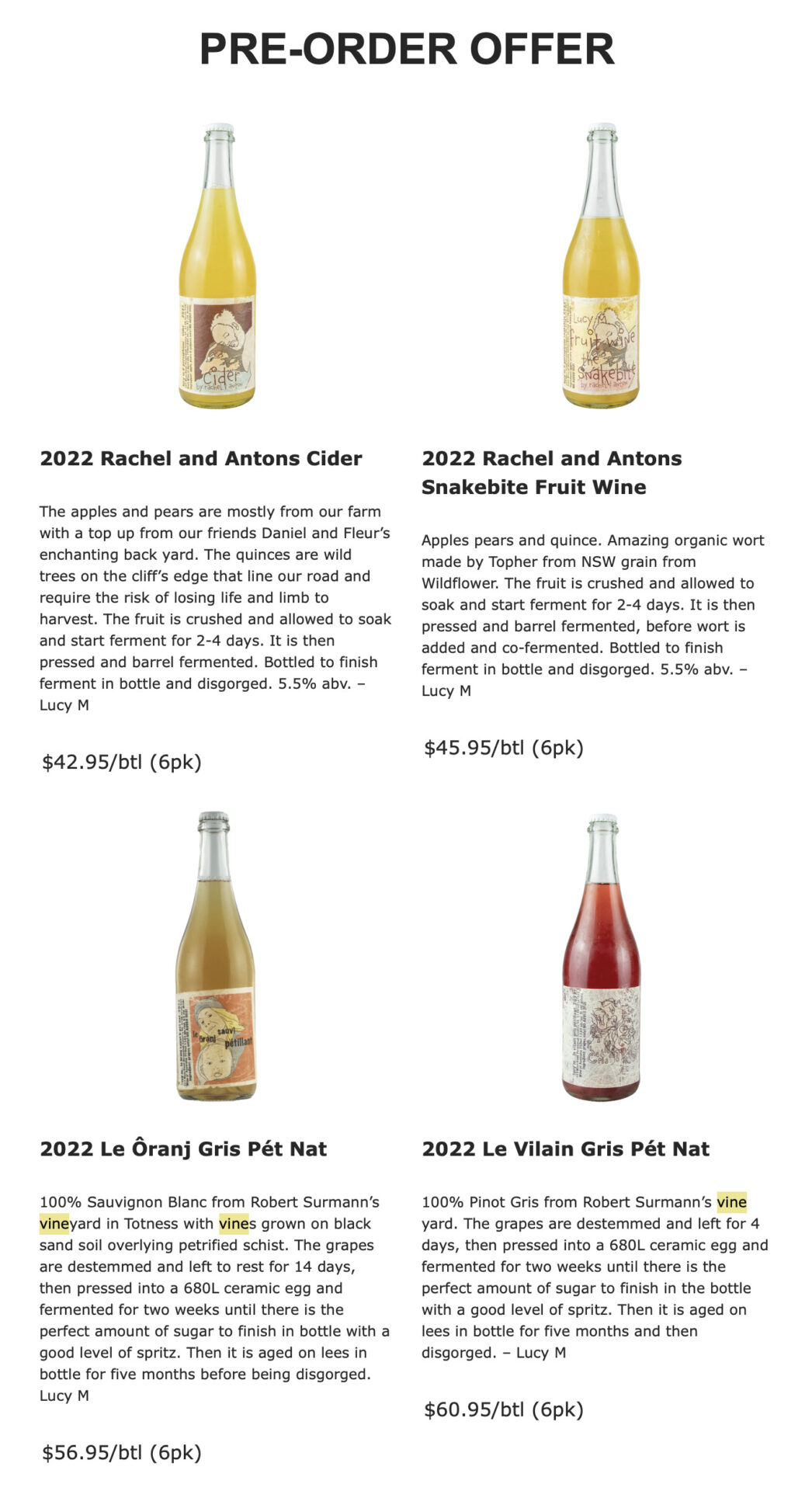
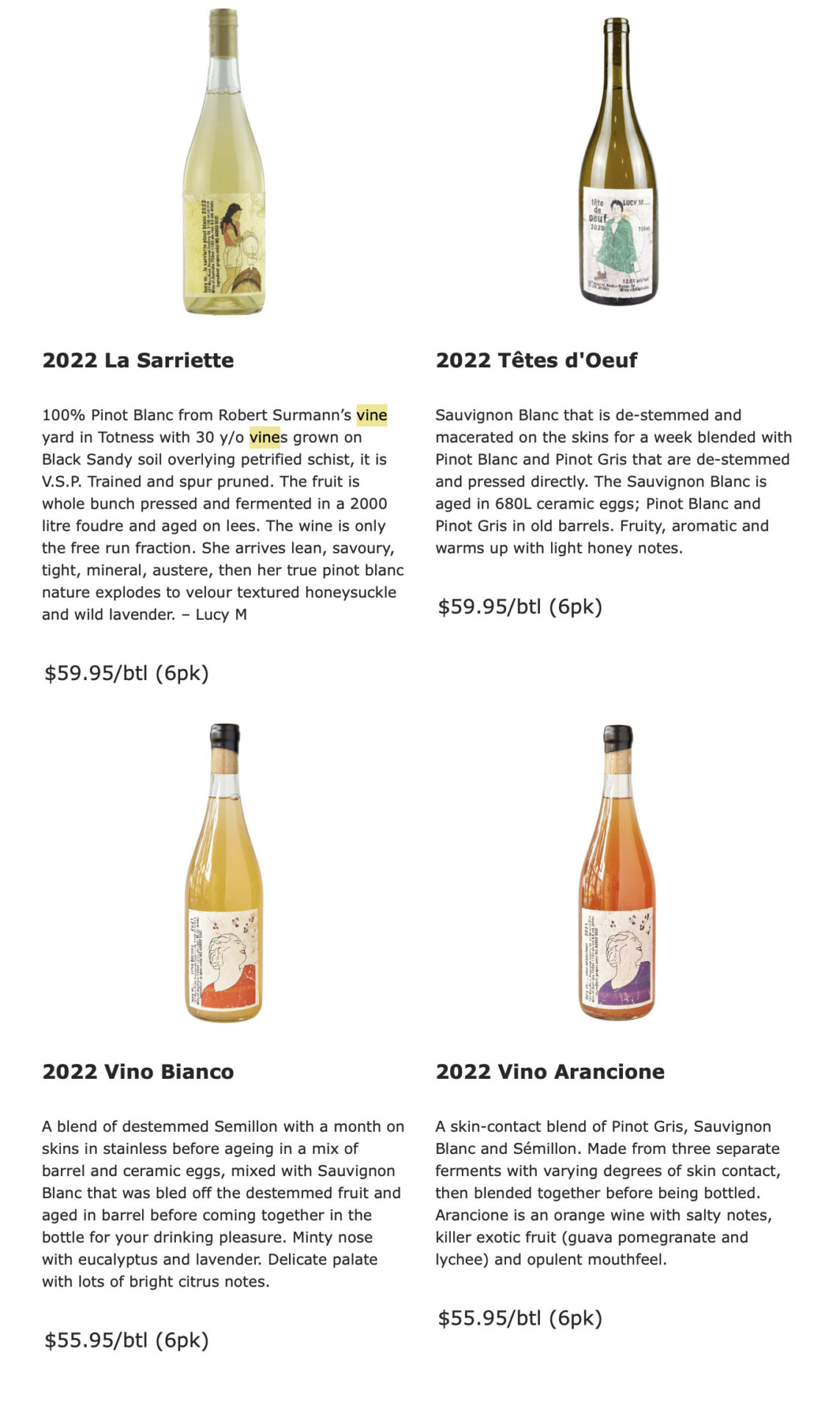
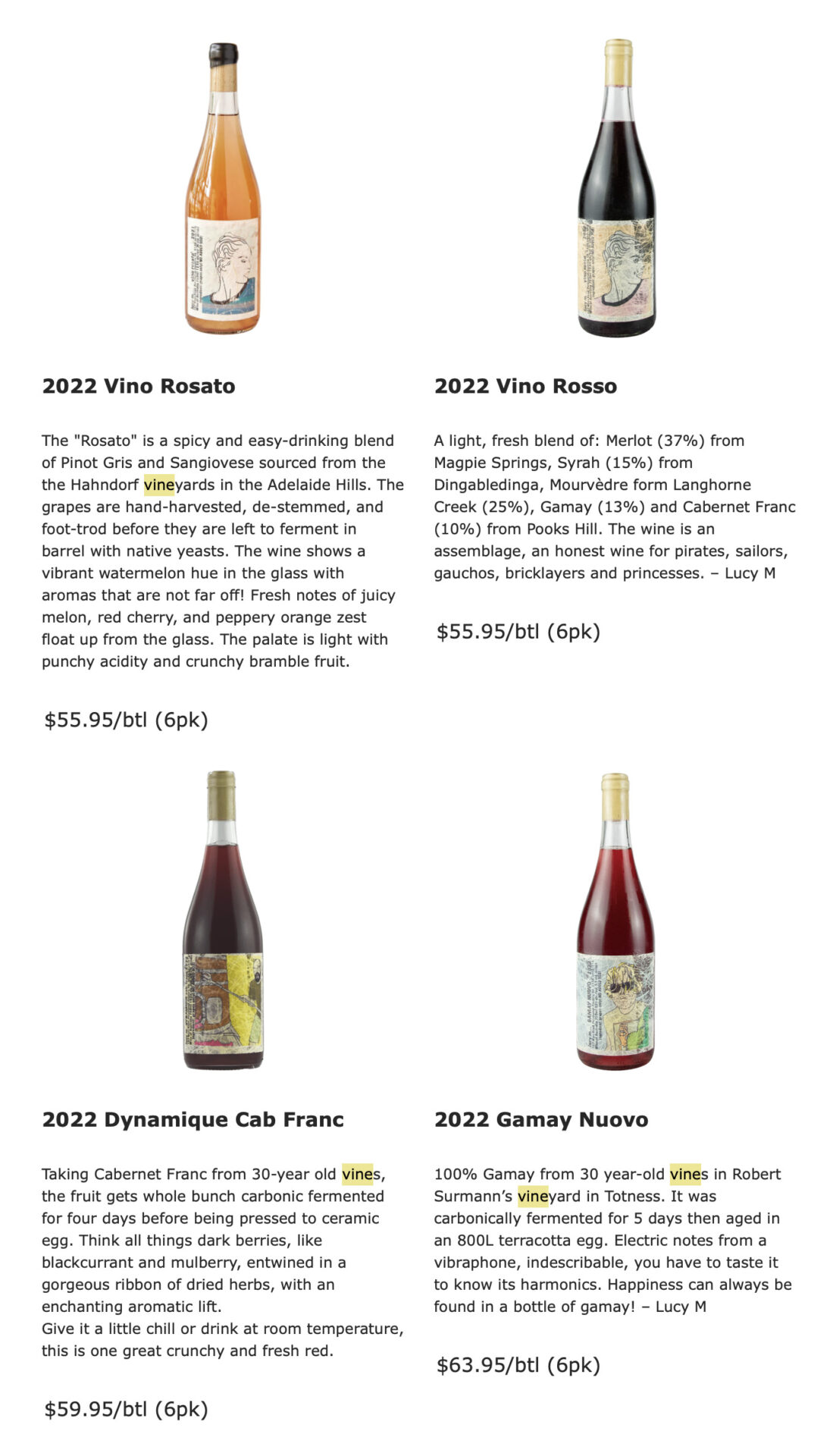
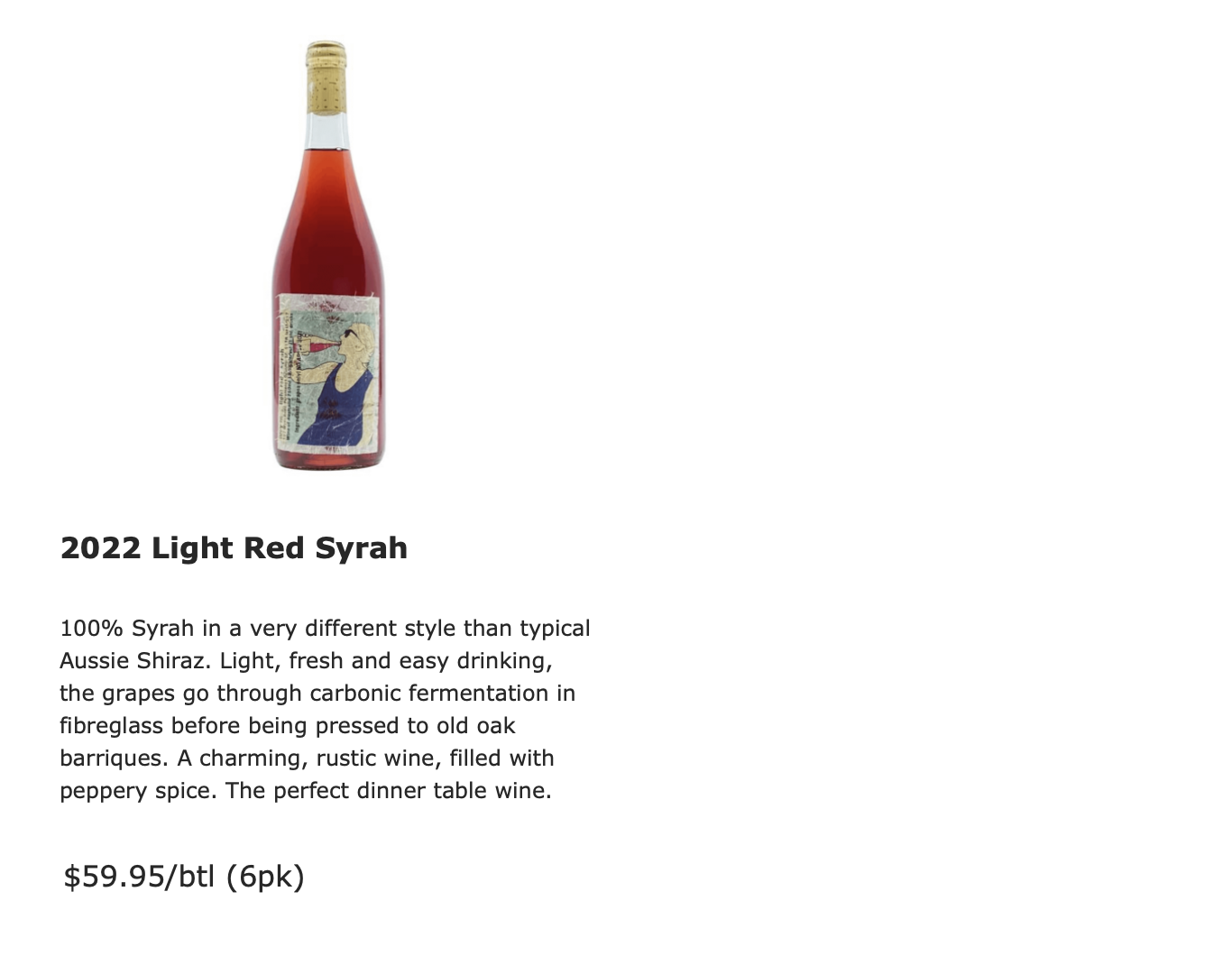
FULL OFFER
ORDER DEADLINE: FRI, JAN 13
Quantities limited. All available in 6pks.
(Prices do not include 13% HST, or bottle deposit, some delivery fees may apply)
2022 Rachel and Antons Cider – $42.95/btl (6pk)
2022 Rachel and Antons Snakebite Fruit Wine – $45.95/btl (6pk)
2022 Le Ôranj Gris Pét Nat – $56.95/btl (6pk)
2022 Le Vilain Gris Pét Nat – $60.95/btl (6pk)
2022 La Sarriette Pinot Blanc – $59.95/btl (6pk)
2022 Têtes d’Oeuf Sauvignon Blanc – $59.95/btl (6pk)
2022 Vino Bianco SB/Semillon – $55.95/btl (6pk)
2022 Vino Arancione PG/SB/Semillon – $55.95/btl (6pk)
2022 Vino Rosato Chardonnay/Syrah – $55.95/btl (6pk)
2022 Vino Rosso – $55.95/btl (6pk)
2022 Dynamique Cab Franc – $59.95/btl (6pk)
2022 Gamay Nuovo – $63.95/btl (6pk)
2022 Light Red Syrah – $59.95/btl (6pk)
ORDER NOW BEFORE IT’S TOO LATE

